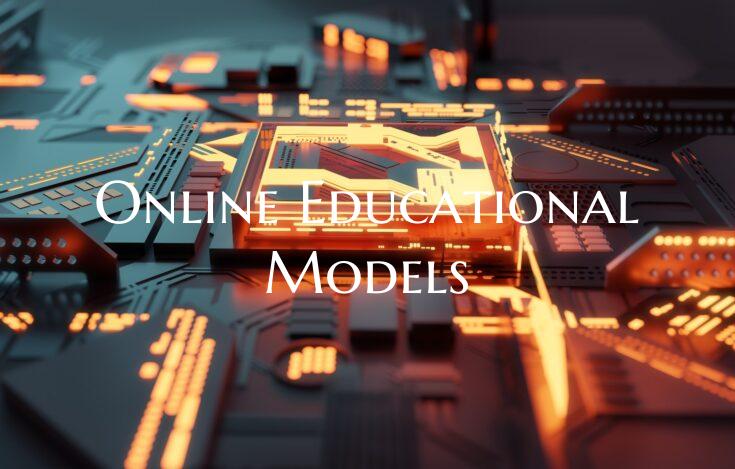Online Educational Models
In recent years, the landscape of education has been transformed by the rise of online learning. Traditional educational models are evolving to accommodate the growing demand for flexible, accessible, and high-quality education. As a result, innovative online educational models have emerged to meet the diverse needs of learners in the digital age.
One of the most prominent online educational models is the Massive Open Online Course (MOOC) platform. MOOCs offer free or low-cost courses from top universities and institutions to a global audience. Learners can access a wide range of subjects, from computer science to humanities, and participate in interactive assignments, quizzes, and discussions. This model has democratized education, making it accessible to individuals worldwide who may not have had the opportunity to pursue traditional higher education.
Another emerging online educational model is the flipped classroom approach. In this model, students engage with course materials, such as videos and readings, outside of class time, allowing for more interactive and collaborative learning experiences during in-person or virtual class sessions. This approach enables educators to focus on facilitating discussions, answering questions, and providing individualized support to students.
Furthermore, competency-based education (CBE) is gaining popularity as an online educational model that allows learners to progress at their own pace based on mastering specific skills and concepts. In a competency-based learning environment, students have the flexibility to demonstrate their understanding through assessments and projects, rather than following a traditional semester-based schedule. This personalized approach to education empowers learners to focus on areas where they need additional support and accelerate through material they have already mastered.
Moreover, online educational models are leveraging adaptive learning technologies to personalize instruction and support individual student needs. By collecting data on student performance and learning preferences, adaptive learning systems can tailor content and activities to optimize each learner's educational experience. This adaptive approach enhances engagement, retention, and knowledge acquisition among students.
In conclusion, online educational models are revolutionizing the way we learn and teach by providing flexibility, accessibility, and personalization. By embracing innovative approaches such as MOOCs, flipped classrooms, competency-based education, and adaptive learning technologies, educators can create dynamic and effective learning environments that meet the diverse needs of 21st-century learners. As technology continues to advance, the potential for online educational models to transform education and empower learners around the world is boundless.

